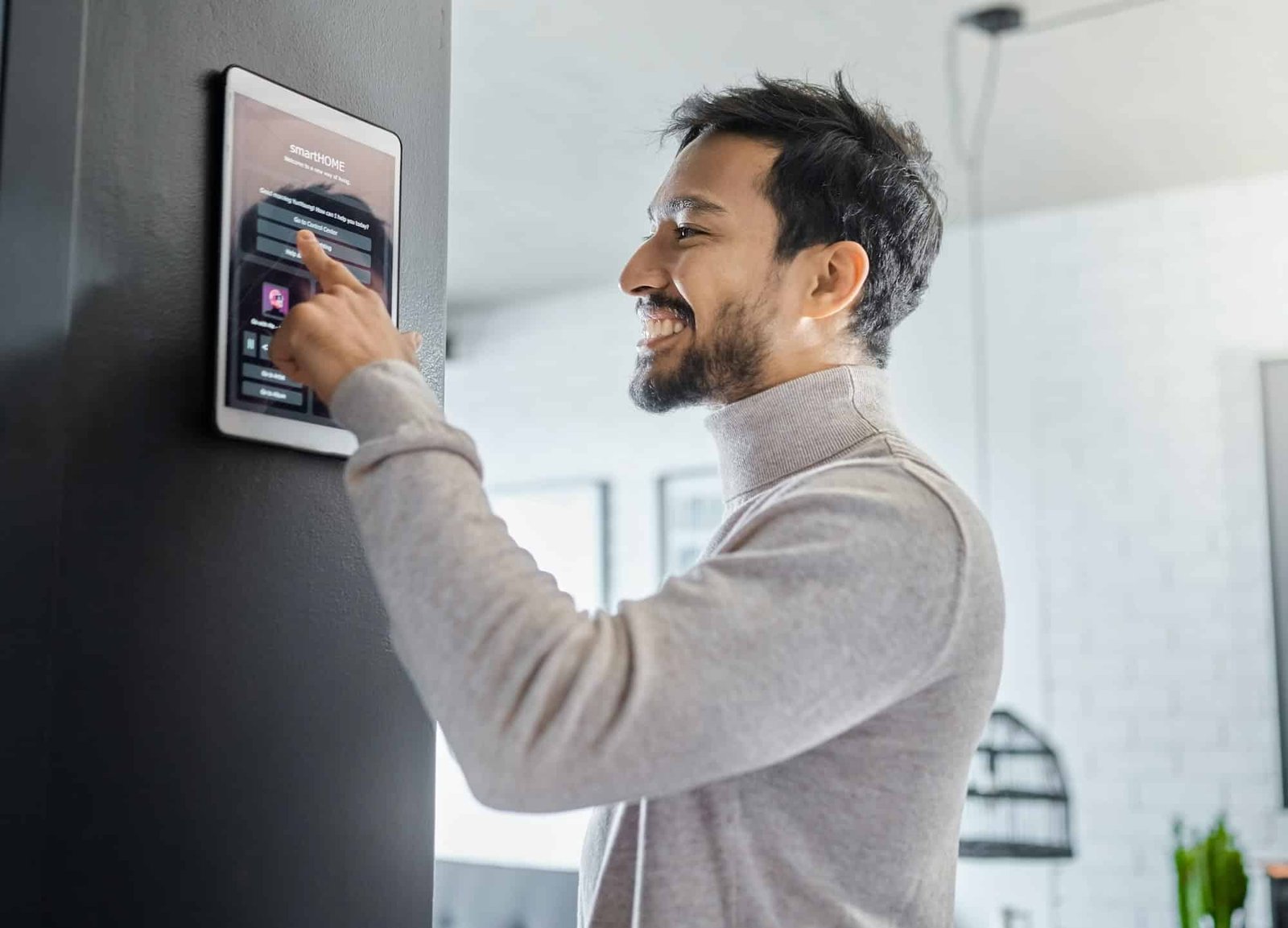
Excerpt: Explore the revolutionary benefits of smart home automation in enhancing energy efficiency. Discover how technology can simplify your life while saving energy and cutting costs.
Introduction:
Tired of skyrocketing energy bills and looking to make your home smarter and more efficient? Integrating smart home automation might be just the solution you need. From smart thermostats to energy-efficient lighting solutions, smart home technology can not only enhance your home’s energy efficiency but also bring unparalleled convenience and control right to your fingertips.
1. Why Smart Home Automation?
Smart home automation involves using advanced technology to automate daily tasks and functions in your home. This technology can control heating, lighting, security, and more, adapting to your lifestyle to save both energy and money. With the ability to control your home’s functions from anywhere, smart home automation offers a perfect blend of convenience and functionality.
2. Smart Thermostats: A Game Changer in Energy Management
Smart thermostats are pivotal in optimizing home heating and cooling systems. These devices learn your schedule and temperature preferences to adjust settings automatically, reducing wasted energy. By maintaining optimal comfort only when needed, smart thermostats can save up to 10-12% on heating and 15% on cooling costs annually.
3. Intelligent Lighting Solutions
Switching to smart lighting can significantly reduce your home’s electricity use. Smart bulbs are more energy-efficient than traditional bulbs and can be controlled remotely, scheduled to turn off when not needed, or adjusted based on natural light availability. This not only conserves energy but also extends the life of your bulbs.
4. Smart Appliances for Greater Efficiency
Smart appliances, including refrigerators, washers, and dryers, can also contribute to energy savings. These appliances can operate at times when energy costs are lower and provide feedback on your usage patterns, helping you to understand and manage your energy consumption better.
5. Energy Monitoring Systems
For those who want to take control of their energy use, smart home energy monitors can track electricity usage in real time. These systems help identify which devices consume the most power, allowing you to make informed decisions about where you can cut back.
6. The Role of Automation in Renewable Energy Integration
Smart home systems can be integrated with renewable energy sources, like solar panels, to maximize efficiency. For instance, smart battery storage systems can store excess solar power during the day and use it during peak times, which reduces reliance on the grid and lowers energy costs.
7. Choosing the Right Smart Home System
When selecting a smart home system, consider compatibility with existing devices, ease of use, and the specific energy-saving features it offers. It’s also important to consider data privacy and security features, ensuring your home network is protected against potential cyber threats.
Conclusion:
Integrating smart home automation is a powerful step towards reducing your energy consumption and enhancing the efficiency of your home. By embracing these technologies, you can not only save on your energy bills but also contribute to a more sustainable future. With smart home technology, managing your home’s energy usage is easier and more effective than ever.
FAQs:
- How much can I save by using smart home automation?
Savings can vary based on your usage patterns and the types of devices installed, but typical smart home systems can reduce energy bills by 10-25%. - Are smart home systems difficult to install?
Many smart home devices are designed for DIY installation, but professional installation may be recommended for complex setups. - Can smart home automation increase my property value?
Yes, homes with smart technology are often more attractive to buyers, potentially increasing property value.
Smart home automation not only caters to the convenience of modern living but also aligns with global energy-saving and sustainability goals. By understanding and utilizing these technologies, homeowners can play a crucial role in the energy solution landscape.
